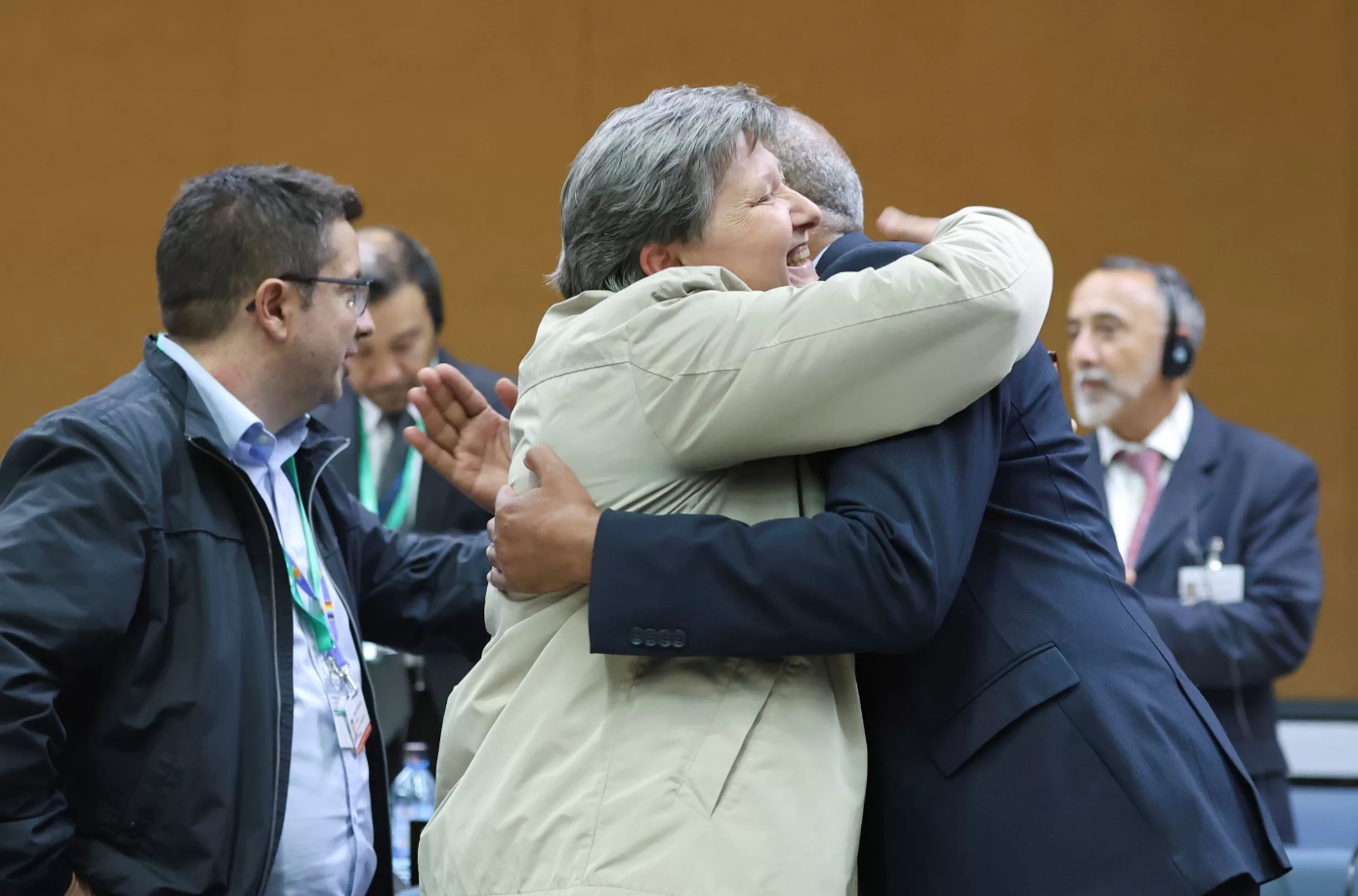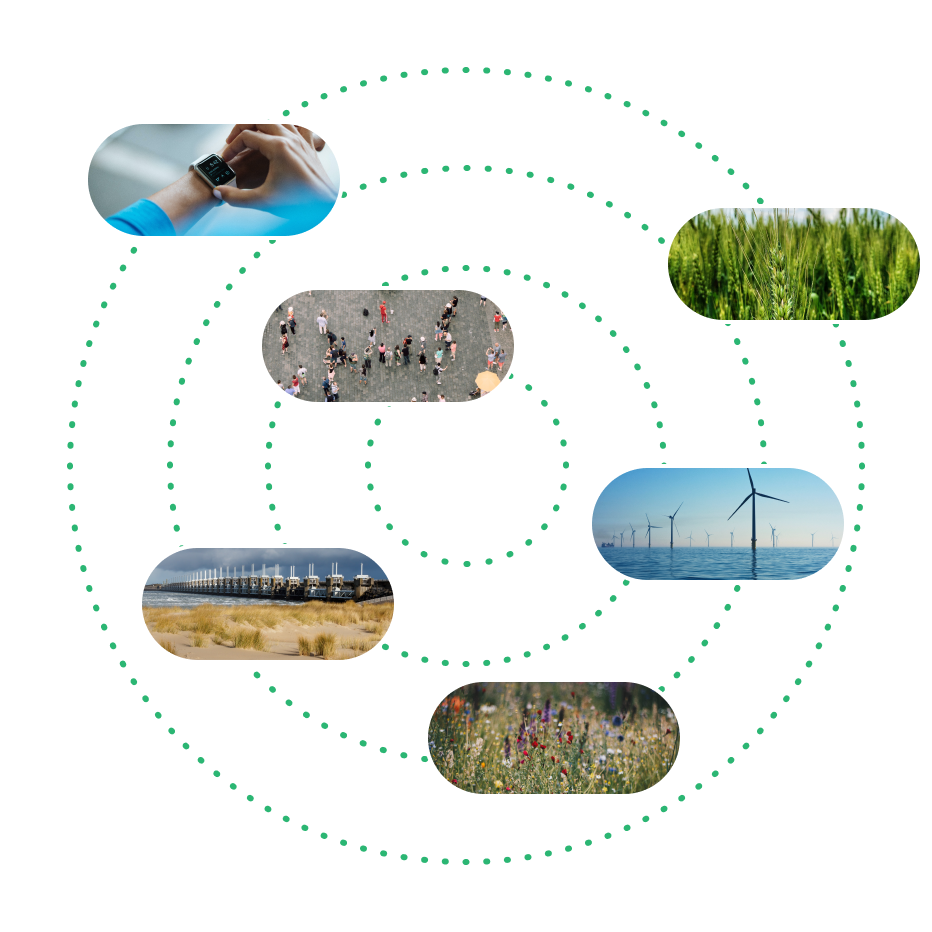BC3’s Scientific Director, María José Sanz, Appointed to IPCC Task Force on National Greenhouse Gas Inventories

Introduction
BC3, as the lead partner of the MAIA project, proudly announces that María José Sanz, the scientific director of BC3, has been appointed as a member of the Task Force Bureau on National Greenhouse Gas Inventories (TFI) of the Intergovernmental Panel on Climate Change (IPCC) for the next assessment cycle.
Elected in Nairobi
The IPCC elections took place in Nairobi, Kenya, during the 59th Session of the IPCC Plenary. Over the course of four days, from Tuesday the 25th to Friday the 28th, representatives from 195 countries participated in renewing all positions of responsibility within the Bureau for the seventh assessment cycle, which is expected to last 5-7 years.
María José Sanz expressed her enthusiasm for being part of the TFI and emphasized the importance of the upcoming decade in driving climate action.
“As part of this group,” stated BC3’s director, “I hope to contribute to improving the methodologies and capacities of all countries to demonstrate the progress of mitigation in the context of the Transparency Framework of the Paris Agreement.”
Nominated by the Spanish Government, María José Sanz’s election to the TFI makes her the second Spaniard to join the IPCC Bureau. She has been actively involved in IPCC activities, having authored the Fourth Assessment Report, the recent Special Report on Land Use and Climate Change in the sixth assessment cycle, and all methodological reports produced by the TFI since 2003.
About the IPCC
The IPCC, established in 1988, plays a crucial role in providing comprehensive assessments of scientific, technical, and socioeconomic knowledge about climate change, including its causes, potential impacts, and response strategies. With the seventh evaluation cycle beginning, the IPCC Bureau’s membership has been renewed to continue its vital work.
In March, the sixth evaluation cycle concluded with the publication of a synthesis report summarizing eight years of work and six large documents presenting the most significant evidence on climate change. The nomination and voting process for elected positions within the IPCC involve participation from governments or IPCC members and representatives of the 195 member countries.

(0) Comments
There is no content